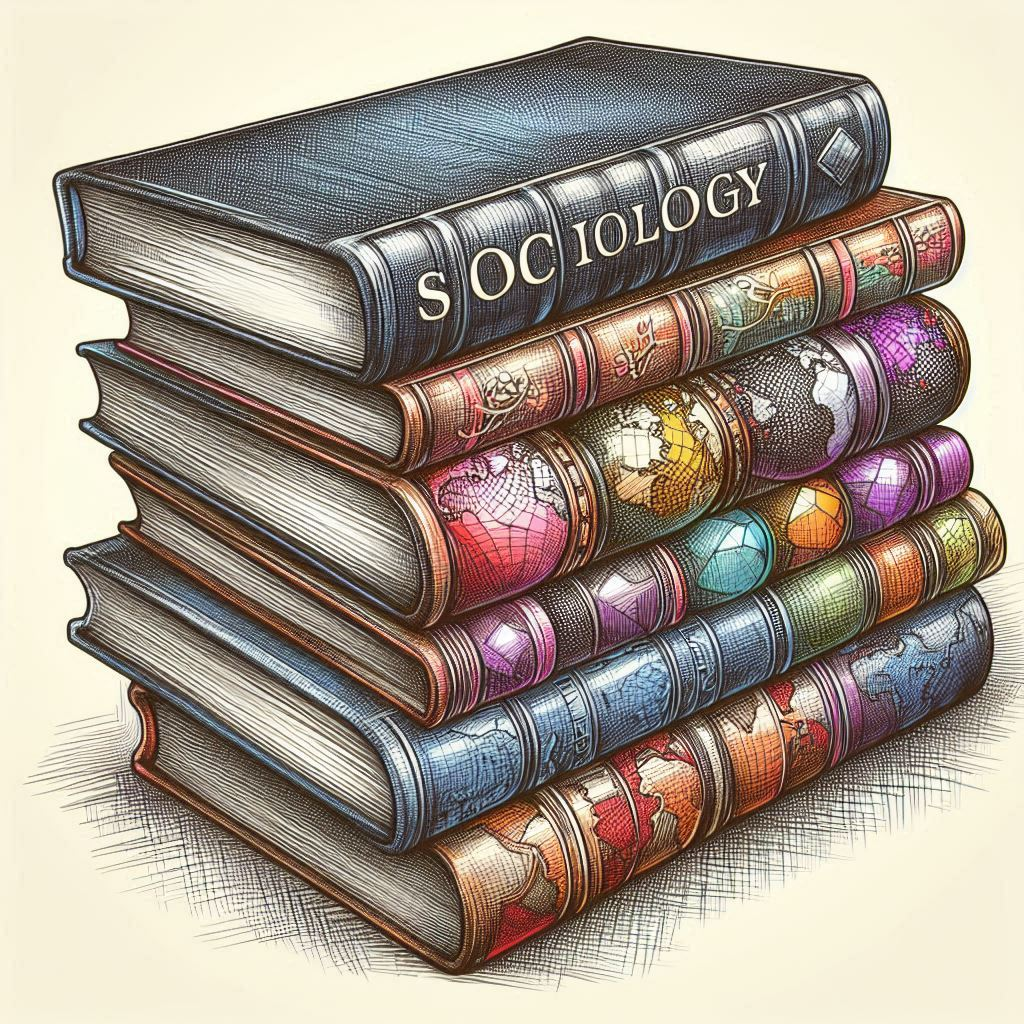Understannding Social Action
According to Max Weber, “Action is ‘social’ insofar as its subjective meaning takes account of the behavior of others and is thereby oriented in its course.” In other words, it is an act which takes into account the actions and reactions of other individuals (or ‘agents’). He argued that ‘Verstehen’ or empathatic understanding is crucial to understanding human action and social change. He further argued that structure shaped human action, because certain societies or groups encourage certain general types of motivation (but within general types, a lot of variation possible).
Social action cannot be understood without understanding the meaning attached to it. This understanding was reffered to as Verstehen by weber. He distinguished between two types of understanding.
First he referred to Aktuelles Verstehen – or direct observational understanding, where you just observe what people are doing. For example, it is possible to observe what people are doing – for example, you can observe someone chopping wood, or you can even ascertain (with reasonable certainty) someone’s emotional state from their body language or facial expression. However, observational understanding alone is not sufficient to explain social action.
The second type of understanding is Eklarendes Verstehen – or Empathetic Understanding – in which sociologists must try to understand the meaning of an act in terms of the motives that have given rise to it. This type of understanding would require you to find out why someone is chopping wood – Are they doing it because they need the firewood, are they just clearing a forest as part of their job, are they working off anger, just doing it because they enjoy it? To achieve this Weber argued that you had to get into the shoes of people doing the activity.
For Weber social action is the building block of society. Hed defined Sociology on the basis of that ‘Sociology is a science concerning itself with interpretive understanding of social action and thereby with a causal explanation of its course and consequences.’
Types of Social Action
Weber identifies four distinct types of social action. They are
i) Zweckrational action or rational action in relation to a goal (Instrumental-Rational Social Action). actions that are carried out to achieve a certain goal, you do something because it leads to a result. An example of this is an engineer constructing a bridge, who uses
certain materials in a certain manner to achieve goal. This activity is directed towards obtaining that goal, namely, completing the
construction.
ii) Wertrational action or rational action in relation to a value (Value Rational Social Action). actions that are determined by a conscious belief in the inherent value of a type of behavior (ex: religion). Here, one may give the example of a soldier laying down his life for
the country. His action is not directed towards attaining specific material goal like wealth. It is for the sake of certain values like honour
and patriotism.
iii) Affective action. actions determined by one’s specific affections and emotional state; One do not think about the consequences. This kind of action results from the emotional state of mind of the actor. If someone is teasing a girl on a bus, she may get so irritated that she may slap the offending person. She has been provoked so much that she has reacted violently.
iv) Traditional action. actions controlled by traditions, “the way it has always been done.” This is an action, which is guided by customs and longstanding beliefs, which become second nature or habit. In traditional Indian society, doing ‘pranam’ or ‘namaskar’ to elders is almost second nature needing no prompting.
Example for understanding thes types of Actions: Traditionally, one may attend college because her grandparents, parents, aunts, and uncles have also done the same. They wish to continue the family tradition and continue with college as well. When relating to affective, one may go to school just because they enjoy learning. They love going to college whether or not it will make them broke. With value rational, one may attend college because it’s a part of his/her religion that everyone must receive the proper education. Therefore, this person attends college for that reason only. Finally, one may go to college because he/she may want an amazing job in the future and in order to get that job, he/she needs a college degree.
Max Weber was particularly interested rational action – he believed that modern societies encouraged ‘Instrumental-Action’ – that is we are encouraged to do things in the most efficient way (e.g. driving to work) rather than thinking about whether driving to work is the right thing to do (which would be value-rational action.
Weber believed that modern societies were obsessed with efficiency – modernizing and getting things done, such that questions of ethics, affection and tradition were brushed to one side – this has the consequence of making people miserable and leading to enormous social problems. Weber was actually very depressed about this and had a mental breakdown towards the end of his life.
One may find that the above typology of social action is reflected in Weber’s classification of types of authority.


